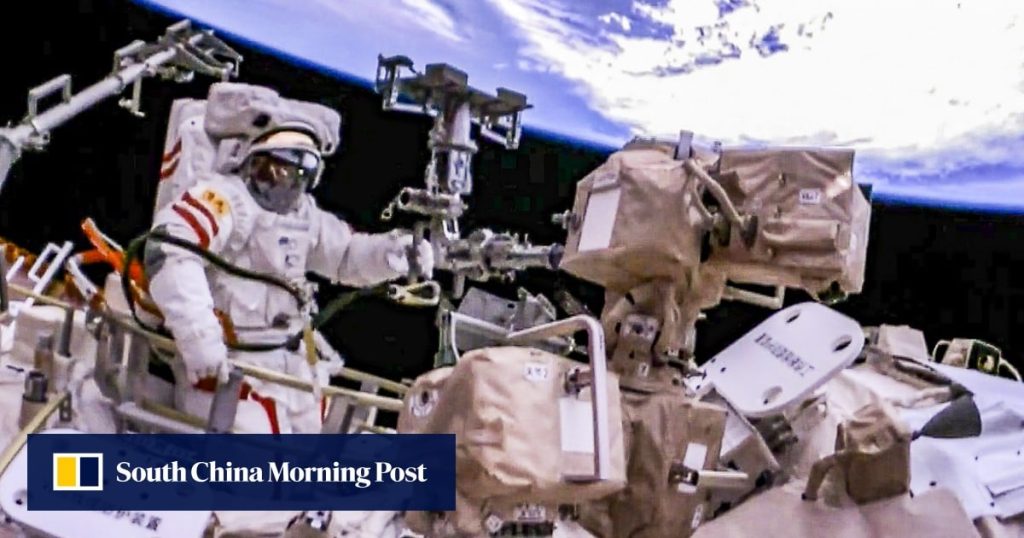Chinese scientists have discovered a new microbe that developed on board the county’s Tiangong space station, according to a new study.
The strain, officially named niallia tiangongensis, is a new variant of a previously known terrestrial bacteria and was found on a cabin in the space station.
The discovery was announced by researchers from the Shenzhou Space Biotechnology Group and the Beijing Institute of Spacecraft System Engineering in the peer-reviewed International Journal of Systematic and Evolutionary Microbiology.
The paper said it was “essential” to understand the characteristics of microbes during long-term space missions to safeguard the health of astronauts and maintain the functionality of spacecraft.
The authors added that this new strain had ingenious mechanisms for adapting to the extreme space environment – a discovery that could have many real-life implications.
For instance, the strain had a better ability to combat oxidative stress – a condition that leads to cell and tissue damage due to an imbalance in the body – and reverse radiation-induced damage, according to the study.
Decoding its survival mechanism could help scientists design precise and targeted control strategies for microbes – and this could then be used in a number of sectors, including space technology, agriculture and medicine.


